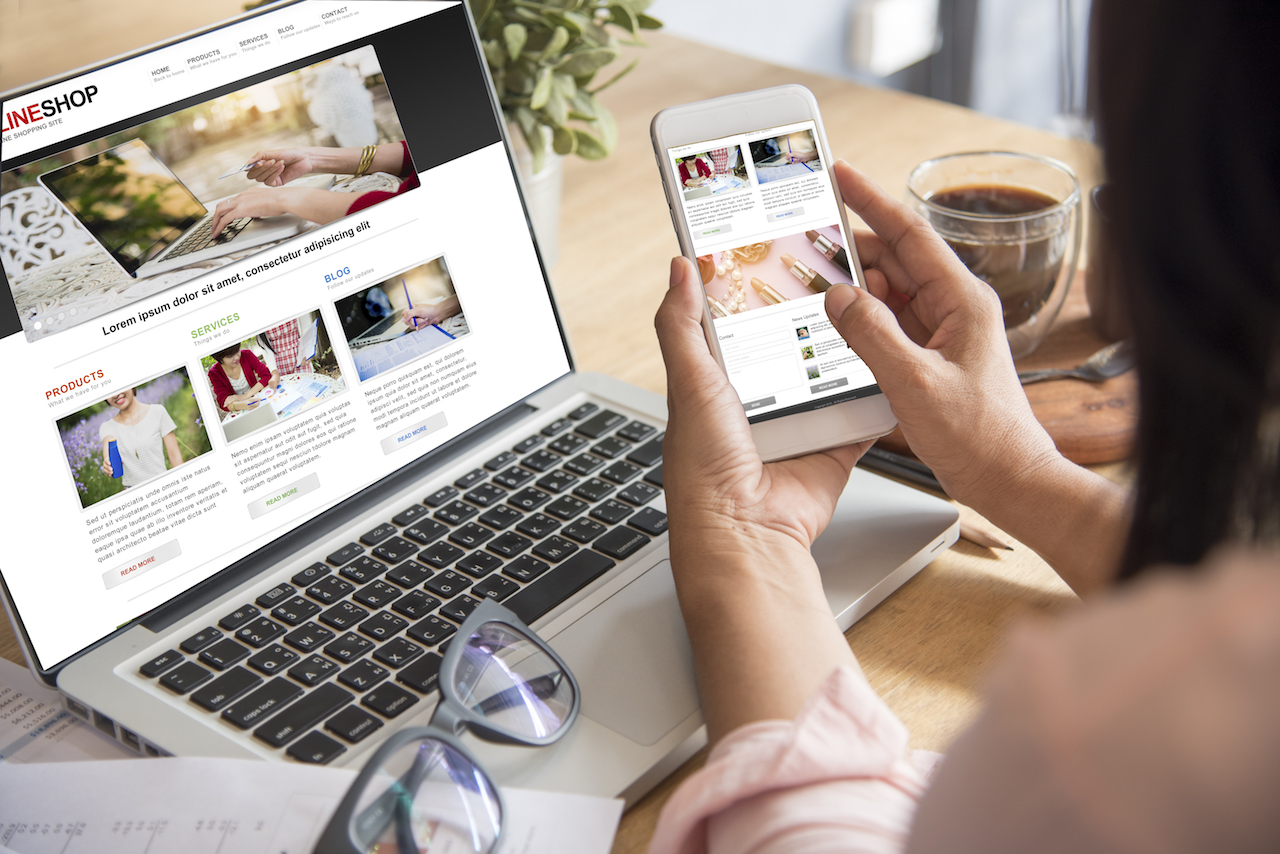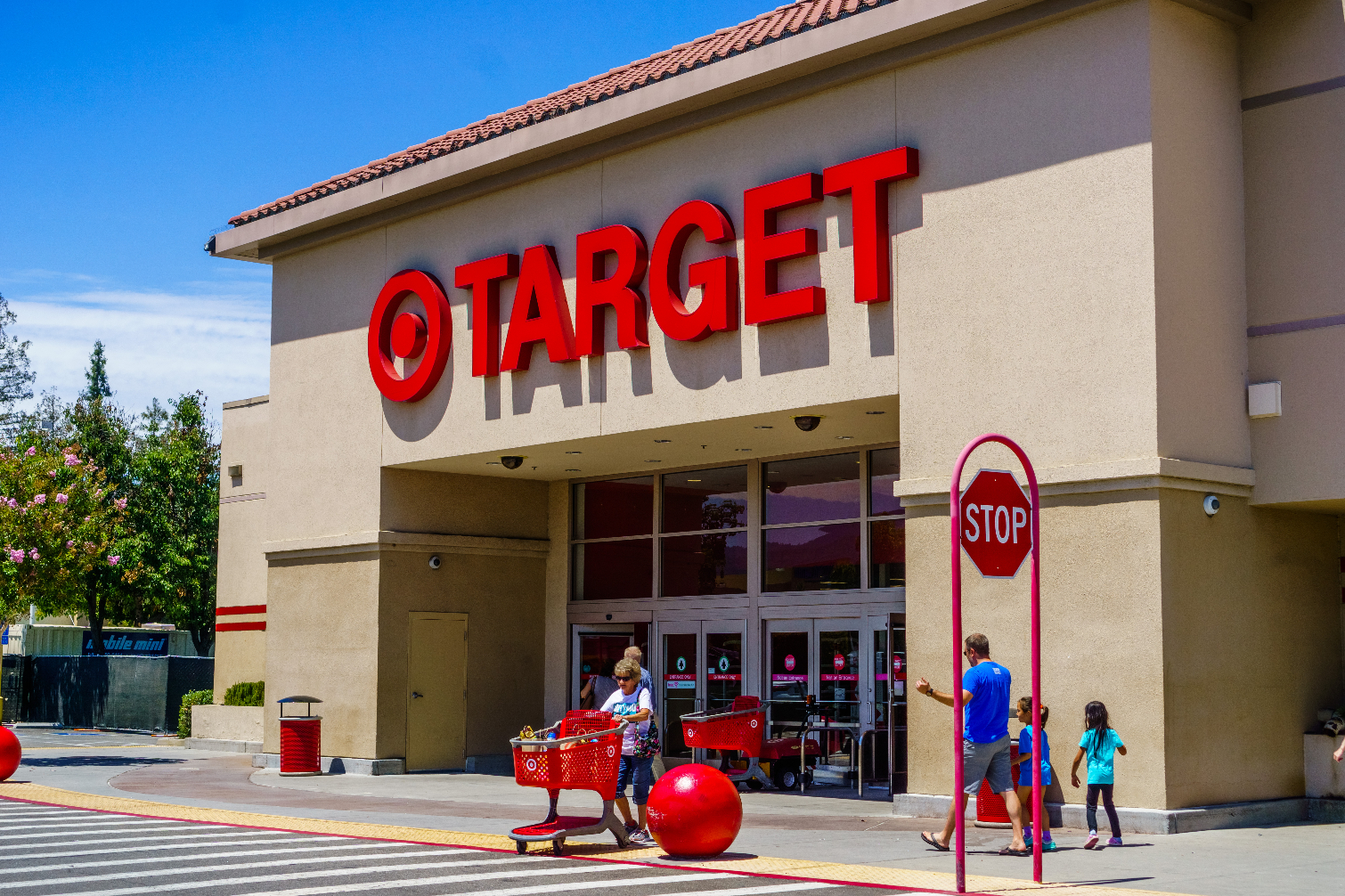How to Use Price Matching to Your Advantage
Save time and money by knowing the ins and outs of price matching.

When it comes to shopping, most consumers have an arsenal of tactics that they use to find the best deals on the devices they want.
But what happens if you buy something only to see its price drop a few days later? Or what if Walmart has the best price on the device you want, but it's more convenient for you to buy it from Best Buy?

That's where price matching comes into the picture using an app like ShopSavvy. It's an underused tactic that can save you a lot of money, especially now that we're in the prime of back-to-school season and prices are changing constantly.
Price matching is offered by many mainstream retailers including Walmart, Best Buy, and Target. All you have to do is prove that the product you’re interested in buying is cheaper elsewhere and in most cases the retailer will adjust their price so that it matches — or in rare cases — beats their competitor's offer.
The benefits of price matching
From a consumer point of view, price matching gives you total control because you're requesting the price you want from the store you'd like to buy it from. Retailers also benefit from price adjustments because it keeps you from running to the competition for a better price.
If you're the type to suffer from buyer's remorse, price matching can again be of help. For instance, if you buy an item today and its price drops the following week, some stores, such as Best Buy, will refund you the difference, no matter how large or small.
One thing to keep in mind, however, is that price matching policies vary wildly. Strict guidelines, multiple restrictions, and product exclusions are flags you should look out for. As a result, most consumers don't bother with price matching, even though the savings can be significant.
Price matching apps and tools
Fortunately, there are multiple services and apps that can help facilitate the price matching process.
ShopSavvy (iOS, Android), a popular retail app from Purch (the parent company of Tom's Guide), boasts new features that let you price match products directly from your smartphone.

The process is seamless. For instance, if you scan the barcode of a Samsung TV while at a Best Buy store, the app will provide you with a link to Best Buy's price matching guidelines.
The app will then search nearby retailers and tell you if that same Samsung TV is available for less at a neighboring competitor. If the app finds the TV for less, it'll provide you with a link to the competitor's website, which you can then show to your Best Buy sales rep or cashier to begin the price matching process. There's no need to visit a competing store or search for price matching guidelines, since the app does all of that for you.
Another shopping app, Paribus, takes a slightly different approach to price matching. The app eliminates buyer's remorse by tracking the products that you buy and then monitoring them for price drops. If it spots a price drop, it'll reach out to the retailer you purchased from and ask for a reimbursement of the price difference. Although Amazon doesn't participate in price matching, they'll also track your Amazon packages and request reimbursements when your Amazon purchases arrive late.
Paribus is free, which means you get to keep your full refund. However, you must give them access to your e-mail account, which allows them to see and track your purchases.
Moolah takes a similar approach to price matching, however, they take a 20 percent cut of your price reimbursement. It supports over 115 stores including Macy's, Walmart, Best Buy, and Costco.
Similar to Paribus, Moolah also requires access to your e-mail account, but the trade-off is these apps could help you save money every time you buy something.
- Best Tech Deals of Today
- Apple's Big Change to Its iPhone Trade-In Policy
- Galaxy Note 9 Hands-On Review
Get instant access to breaking news, the hottest reviews, great deals and helpful tips.

As deals editor-in-chief at Tom’s Guide, Louis is constantly looking for ways to avoid paying full price for the latest gadgets, appliances, and apparel. With over 10 years of deals-hunting experience, Louis price checks against multiple retailers and searches high and low for the best deals to bring readers. He's also always on the look out for the best coupon codes to use when shopping. A born-and-bred New Yorker, Louis is also an avid swimmer and marathoner. His work has appeared on Gizmodo, CNET, and Time Out New York.
 Club Benefits
Club Benefits





